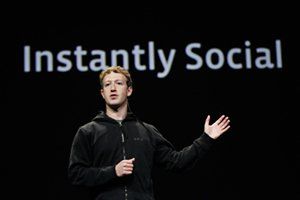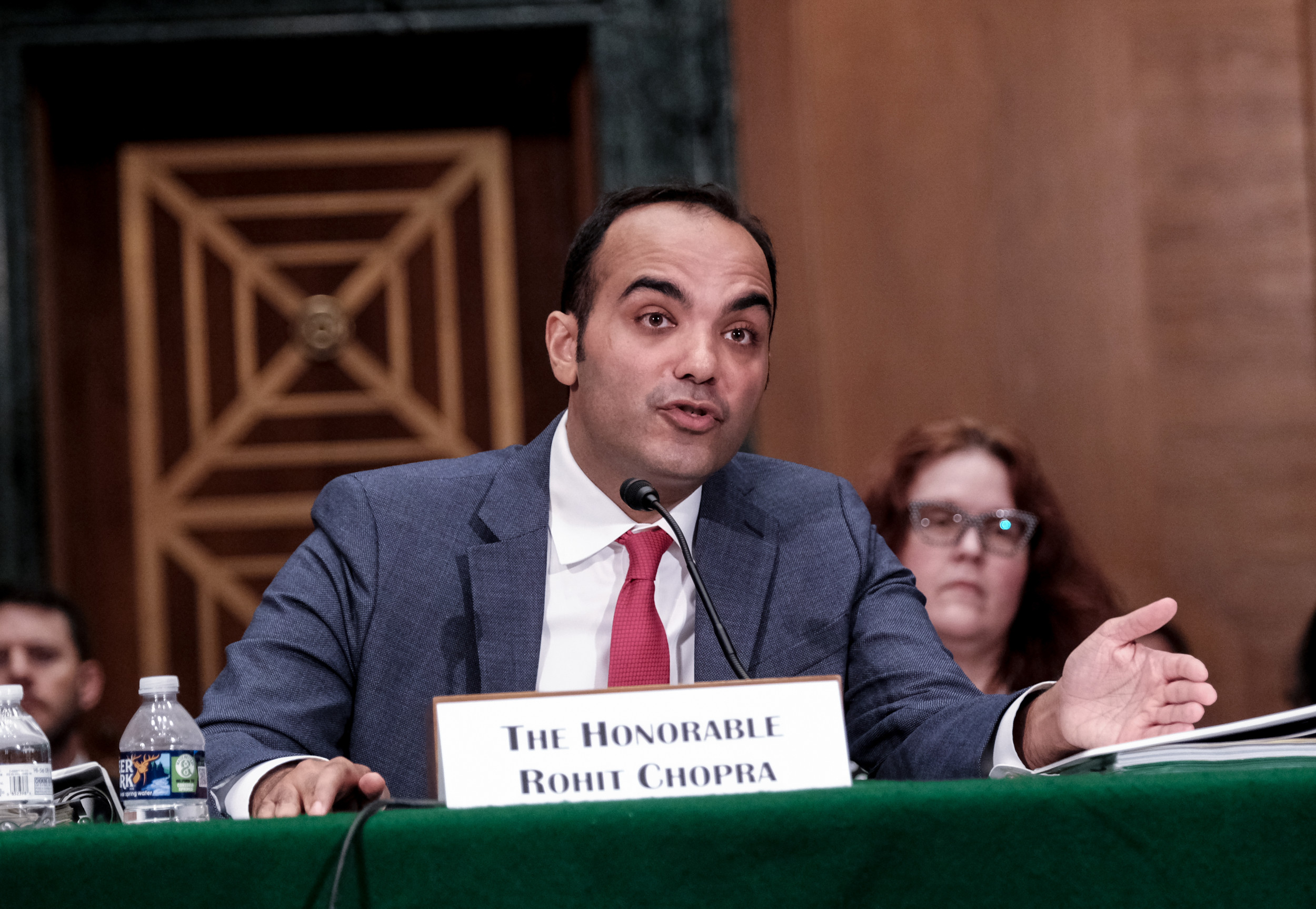
Mark Zuckerberg won't say he's sorry, but the 26-year-old CEO and founder of Facebook does promise to change his ways—a little. His nonapology came after weeks of outrage over Facebook's recent changes to its privacy (actually, antiprivacy) policy, and was delivered in the form of an op-ed in The Washington Post. In his essay, Zuckerberg put on his best innocent-little-boy voice and claimed Facebook only changed its policies in order to help people share more information, because "a world that's more open and connected is a better world." In addition to that bit of risible rubbish, Zuckerberg also said Facebook intends to amend its privacy policy to address complaints. I doubt these changes will be substantive, but even if they are, as far as I'm concerned, it's too little too late.
Facebook's current troubles began in April, when it rolled out new rules that push members to share more information about themselves. Facebook also said it would start sharing info with some partners like Yelp, Pandora, and Microsoft. Tech pundits howled. Some vowed to quit Facebook. Government officials in Europe, Canada, and the United States threatened to take action.
Facebook responded by deploying spinmeisters who ludicrously claimed there was nothing wrong with the new policy—Facebook just hadn't explained it well enough. When that didn't wash, Zuckerberg hunkered down with his advisers to figure out how to dial back the changes. (Among his inner circle is Facebook boardmember Donald E. Graham, who is chairman of the Washington Post Company, which is NEWSWEEK's parent corporation.) From this came Zuckerberg's promise to make its privacy controls simpler to use, which will address complaints that Facebook's controls are impossibly complicated—intentionally so, some argue.
So now we're all set then? Well, no. The problem now is that Facebook has shown its hand. Now we know what we're dealing with. If you really expect this company to suddenly become trustworthy, you've lost your mind. Over the past five years Facebook has repeatedly changed its privacy policy, always in one direction, and every time this happens, the same movie plays out.
People complain. Facebook stonewalls, then spins, then pretends to be contrite, then finally walks things back—but only a little. Nobody seems to notice that after the walk-back Facebook is still grabbing more personal info than it was before. When the storm dies down, Zuckerberg strikes again, with new rules that grab yet more personal data. And the kabuki drama of complaint-and-false-contrition gets played out all over again.
The truth is, Zuckerberg needs your data. His business is built upon it. The most important thing to understand about Facebook is that you are not Facebook's customer, you are its inventory. You are the product Facebook is selling. Facebook's real customers are advertisers. You, as a Facebook member, are useful only because you can be packaged up and sold to advertisers. The more information Facebook can get from you, the more you are worth. In response, a FB spokesman told me: "I'm sorry you feel that way."
In 2005 Facebook's privacy policy was one sentence long and said that none of your information would be shared with anyone who wasn't in one of your groups. Today the policy is longer than the U.S. Constitution and requires a lawyer to parse its meaning. Why doesn't Facebook just use its original one-sentence policy? I'll take a wild guess and say advertisers, not members, were the driving force here.
Enough is enough. I've deactivated my account. I never used Facebook much anyway, so it's not such a big deal. A lot of others are leaving too. A friend of mine, a longtime software executive, told me over e-mail: "It creeps me out how they try to turn my personal info and interests that were private to me and my friends into public info. I interact on FB a lot less now because I don't trust them at all."
That last bit—I don't trust them at all—is the key part. It's not only because Facebook always seem to be trying to pull a fast one on us. The company also seems to have an incomplete grip on its business. Just a few weeks ago, Elliot Schrage, a top Facebook executive, insisted to me that Facebook never shares data about individual members with advertisers. A week later it emerged that Facebook had been doing exactly that. I don't think Schrage was lying. I think the data leaks were inadvertent. Which is, of course, even scarier.
To be sure, none of this will hurt Facebook. The company is expected to rake in $1 billion in revenues this year. The site has 500 million members, up from 400 million only four months ago. Most members are likely not aware of the recent privacy fiasco, and even if they were aware of it, they wouldn't care. People love Facebook. Many spend hours each day on it. This scandal will be nothing more than a blip on Facebook's inexorable march toward a multi-billion-dollar payday. And it's all thanks to a sweet, idealistic kid who just wanted to make the world a better place, and who communicates with the outside world via canned statements in his friend's newspaper. Gosh, it gives you shivers, doesn't it?
Uncommon Knowledge
Newsweek is committed to challenging conventional wisdom and finding connections in the search for common ground.
Newsweek is committed to challenging conventional wisdom and finding connections in the search for common ground.





